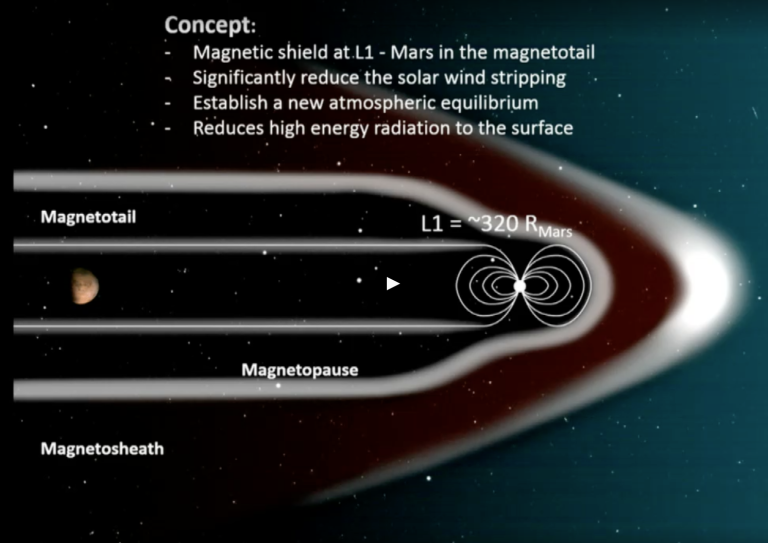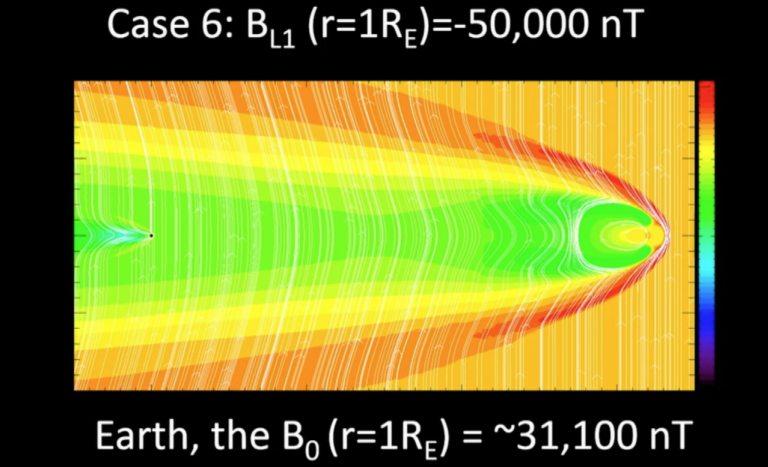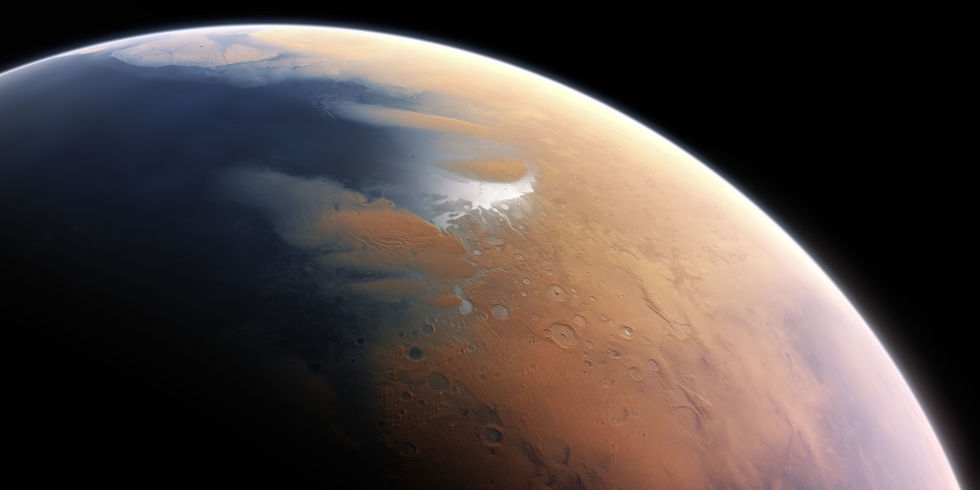Well, NASA certainly seems to thinks so. Jim Green, Planetary Science Division Director at NASA, says that one way that may help Mars become habitable is by launching a magnetic shield into the sky. Currently, at NASA’s headquarters in Washington D.C., The Planetary Science Vision 2050 Workshop is underway and involves all those projects that will potentially be finalized or at least be underway by 2050.
Green recently talked about one particular idea that’s part of the workshop in a discussion entitled, “A Future Mars Environment for Science and Exploration.” During it he talked about how launching a magnetic shield between the sun and Mars could potentially save the planet from damage caused by high-energy solar particles hitting the Earth.


The way in which the shield would work is through the use of a very powerful closed electrical circuit, called a dipole. In using the dipole to create an artificial magnetic field Mars will become relatively protected by it, which would give the planet a chance to restore its uninhabitable atmosphere. Due to previous damage caused by solar particles around 90 percent of the Red Planet’s atmosphere was destroyed. Up until around 3.5 billion years ago, the planet was thought to have been temperate and with surface water too.
Various models have demonstrated how this shield could help Mars significantly by lowering the atmospheric pressure on the planet. Warmth would hit the plant and Mars’s polar ice caps would begin to melt, flooding the world with liquid water. Green commented, “Perhaps one-seventh of the ancient ocean could return to Mars.” So, maybe this really will be the next big step towards setting up for civilization on Mars, but for now, we will just have to wait and see what happens.
More News To Read
- Artificial Intelligence Is Changing How We Shop Online
- The Ultimate Electric Mountain Bike is Here With the Trek Powerfly 8 FS Plus
- Can the Phenomena of Ghosts Be Proved or Disproved by the Large Hadron Collider?
- Super Fast Charging is Finally Here but at a Cost
- Apple Takes the Biscuit With New Smart Collar for Dogs











